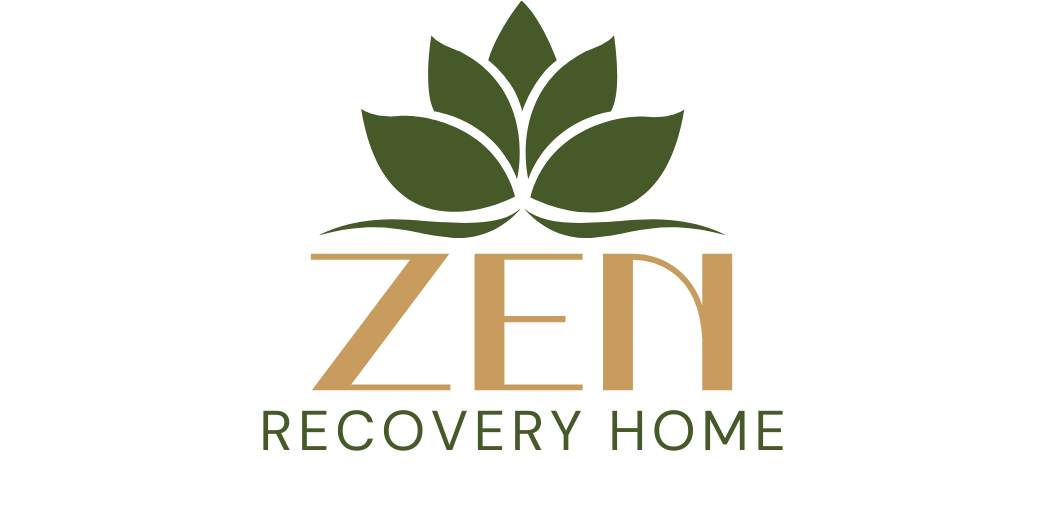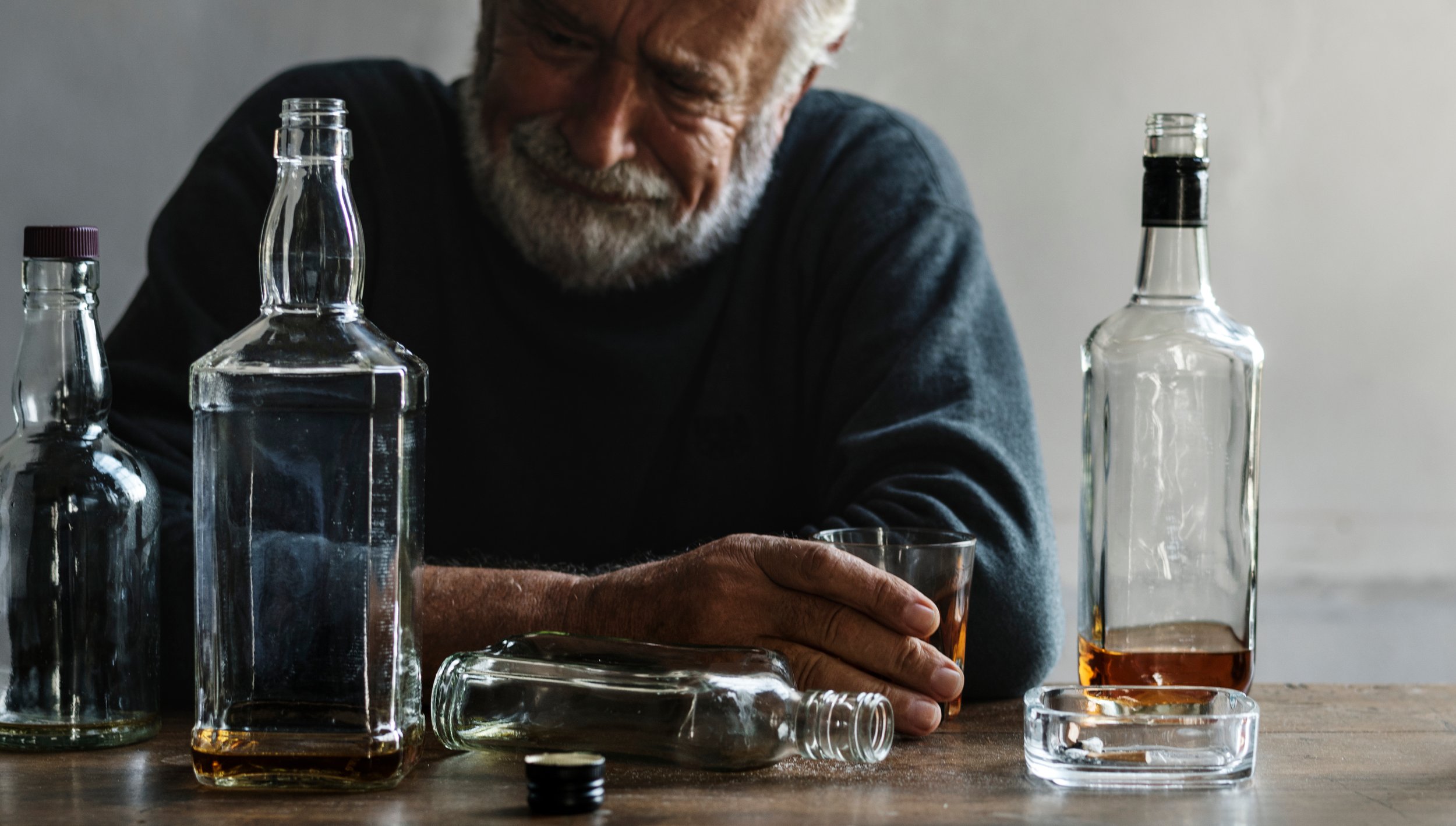5 Signs You Might Be Numbing Emotional Pain with Substances
Most people don’t wake up one day and decide to become addicted. It happens slowly, often quietly, and usually for a reason. For many, that reason is emotional pain.
Whether it’s unprocessed grief, trauma, anxiety, or the weight of simply trying to cope with life, substances can become a way to dull the ache. You’re not looking for a high—you’re looking for relief. And that’s what makes emotional numbing so hard to spot.
At Zen Recovery Home, we help people identify the deeper roots of their addiction—because when you treat the pain, you don’t need the escape. Here are five common signs that you might be using substances to numb emotional pain.
1. You Use Substances When You Feel Overwhelmed—Not Just to Have Fun
Drinking or using may have started as a social activity, but now you find yourself turning to it when you're stressed, angry, anxious, or numb. You may even say things like:
“I just need something to take the edge off.”
“I can't deal with this right now.”
“I don’t want to feel anything tonight.”
Substances become your go-to coping strategy. You might not be chasing a party—you’re chasing distance from your own emotions.
What to ask yourself:
Do I reach for substances more when I’m upset than when I’m celebrating?
2. You Feel Numb or Disconnected When You’re Not Using
One of the long-term effects of numbing is that your emotions become harder to access—even when you’re sober. You may feel like you’re floating through life, watching yourself from the outside. You’re not really “there,” and nothing feels particularly meaningful or satisfying.
This emotional flatness is often the residue of pushing your feelings down for too long.
What to ask yourself:
Do I feel like I'm just going through the motions?
3. You Avoid Processing Difficult Experiences
If you’ve been through trauma, loss, or intense emotional pain, it can feel easier to avoid thinking or talking about it altogether. You might tell yourself:
“It’s in the past.”
“There’s no point in digging it up.”
“Other people have it worse.”
Instead of processing or healing, you use substances to silence the thoughts when they get too loud. This kind of avoidance can provide short-term relief—but long-term, it deepens the wound.
What to ask yourself:
What am I avoiding when I drink or use?
4. You Use Alone More Often Than You Admit
Social substance use can become problematic—but solitary use is often a red flag. When you start isolating with substances, it may mean you're trying to avoid more than just social pressure. You might be avoiding feelings of loneliness, worthlessness, or inner chaos.
Drinking or using alone becomes a ritual—a way to control when and how you feel (or don’t feel).
What to ask yourself:
Do I use substances alone because it’s the only time I feel okay—or feel nothing at all?
5. You Can’t Imagine Coping Without It
The biggest sign you may be numbing emotional pain? You can’t imagine handling your emotions without the substance.
If the idea of facing a stressful day, a breakup, or painful memories without drinking or using feels impossible, you’re not weak. You’re likely in survival mode—and your nervous system is trying to protect you the only way it knows how.
But emotional pain is not something you have to carry alone. There are better tools. Safer ones. Ones that don’t come with the crash, the consequences, or the shame spiral.
What to ask yourself:
What would I need to feel safe enough to sit with my emotions instead of escape them?
Healing Means Feeling—But Not Alone
At Zen Recovery Home, we work with people every day who didn’t realize how much emotional pain they were carrying—until they started to heal. Through group therapy, individual counseling, and trauma-informed care, we help clients build real tools to deal with what hurts, without running from it.
Because numbing isn’t healing. And avoiding isn’t peace.
But feeling—with the right support—is how people start to truly recover.
Final Thoughts: If You Recognize Yourself in These Signs, You’re Not Broken
Using substances to numb emotional pain is a very human response to suffering. It doesn’t make you weak—it makes you someone who deserves compassion and support.
Recovery isn’t just about quitting the substance. It’s about discovering why you’ve been leaning on it in the first place—and learning how to live differently.
You don’t have to do this alone. At Zen Recovery Home, we’re here to help you reconnect—with your body, your emotions, your people, and your purpose.
Ready to feel again—without fear?
Let’s talk. Healing starts with honesty. And you’re already there.

